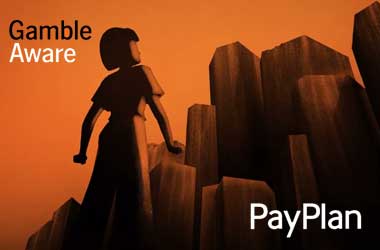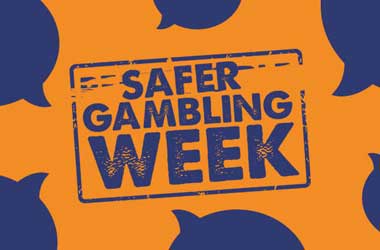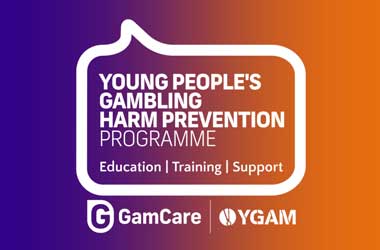
- The latest Young People and Gambling Report was published on November 10, 2022
- The latest report shows a drop in the number of young people involved in gambling
- The UKGC noted though that 0.9% of young people are struggling with problem gambling
The UK Gambling Commission has described as “encouraging” headline data around regulated age-restricted products taken from the results of its latest survey on young people’s involvement in gambling.
However, the regulator noted that some teens aged 11 to 16 years old still suffer from problem gambling.
Latest Survey Shows Improvements from Previous Report
The latest “Young People and Gambling Report”, published on November 10, 2022, found that 31% of young people had gambled in the past 12 months, down from the 37% recorded in 2020, the last time the report was published. The latest survey covered 2,559 participants aged 11 to 16 years old who were attending schools in England, Scotland, and Wales.
Arcade games such as claw grabs and penny pushers were a top favorite with 22% engagement, followed by betting with friends or family which registered 15% engagement. Meanwhile, engagement in National Lottery products like scratch cards and instant win games was at 1%, a significant drop from the 7% recorded in 2020.
The headline statistics also show that 23% of young people were using their own money to play regulated games, though some, especially those in the older age group of 14 to 16, still preferred to engage in unregulated forms of gambling, such as card games and bets with family or friends.
Problem Gambling Still an Issue for Young People
While the headline stats in the latest survey were seen as an improvement from data collected in 2020, the UKGC said young people remain vulnerable to gambling harm, with 0.9% classified as problem gamblers. The latest study also identified 2.4% of 11 to 16-year-olds as at-risk gamblers, while 27.3% were non-gamblers.
There were more boys (3.2%) than girls (1.8%) in the at-risk category, but no gender variations when it comes to the problem gambler classification. The survey also found that teens from black or minority ethnic backgrounds were more likely to be categorized as problem gamblers (1.3%) and at-risk gamblers (3.2%).
As was the case with previous surveys, the latest report highlighted that young people are more likely to gamble if they see family members also engaging in gambling activities. The majority of the survey respondents (57%) said they often see gambling ads offline, mostly on television. 70% said they were well-informed of the risks of gambling.
The UKGC said they would examine the findings and act accordingly and would continue to explore ways on providing stronger protection for children and young people.









